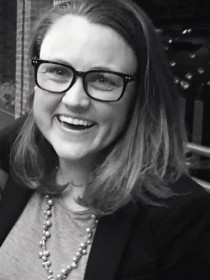
Sarah Diefendorf
Connect with Sarah
About Sarah
Diefendorf's research interests include how and why religious groups shift their beliefs on issues related to gender and sexuality. She is a sociologist who studies conservative sexual politics. As a postdoctoral fellow, Diefendorf looks forward to working with LDS religious leaders and groups, policymakers, public health officials, and community organizers on the mechanisms related to Utah's alarming rate of youth suicide.
Contributions
What U.S. Evangelical Voters Really Want in Politics
In the News
Publications
Analyzes American evangelical responses to feminism, drawing on ethnographic fieldwork. Finds that evangelicals create an imagined secular world that they respond to. Finds that three types of responses are the creation of a parallel, evangelical feminism, attempting to find middle ground, and rejecting feminism. Notes that the messiness of this response is an important research for further research of evangelical attitudes on gender and sexuality.
Examines online usage of the phrase "no homo", meaning that the user is not homosexual. Finds this is more likely to be used by men than women. Finds that while, in line with the literature, the phrase can be accompanied in the context of hostility or disapproval of homosexuality, it is more likely to be used in a positive context about male desire and friendship. Finds that the usage of "no homo" encapsulates a masculinized, but positive emotional expression.
Underscores the potential fallacy in using cross-sectional data to illustrate changes in gender relations, and demonstrates the importance of using life course perspectives when theorizing masculinities.